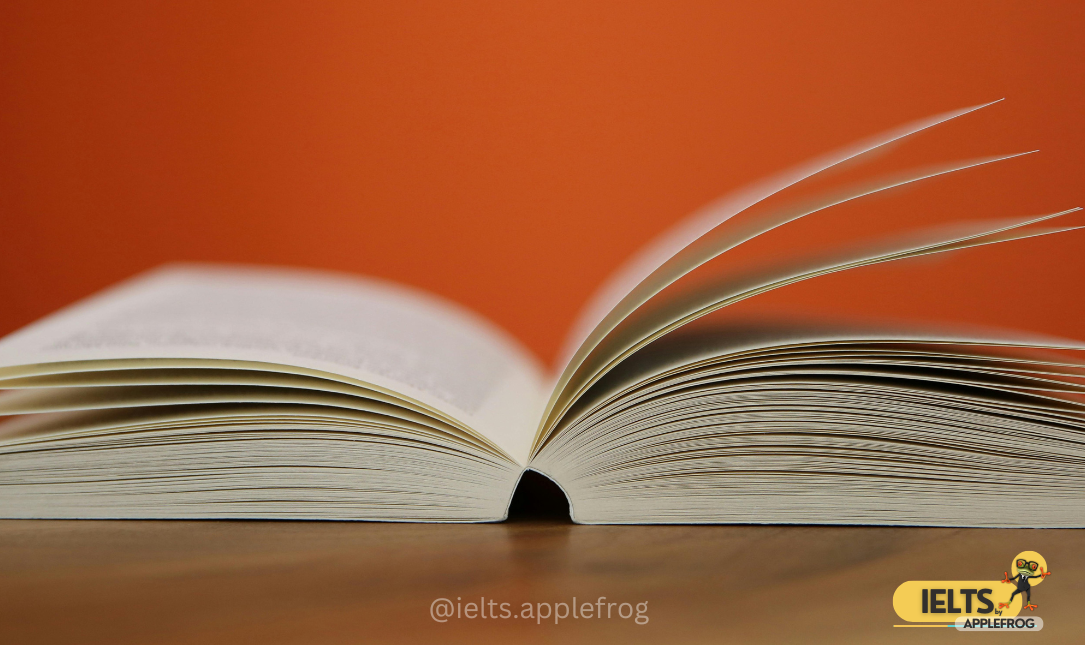
What Are Verb Tenses?
Verb tenses represent the various forms a verb can take to indicate the timing of an action, state, or event. They are essential for expressing when something happens and the relationship between different actions in time.
Overview of Verb Tenses in English
Present Tenses
- Simple Present Tense: Expresses habits, general truths, or permanent situations. Example: “He reads a book every evening.”
- Present Continuous Tense: Describes actions happening at the current moment. Example: “She is writing an email right now.”
- Present Perfect Tense: Indicates actions completed in the past with a connection to the present. Example: “I have already eaten lunch.”
- Present Perfect Continuous Tense: Highlights actions that started in the past and continue in the present, emphasizing their duration. Example: “We have been working on this project for hours.”
Past Tenses
- Simple Past Tense: Refers to actions that happened and ended in the past. Example: “They visited the museum last weekend.”
- Past Continuous Tense: Describes ongoing actions at a specific time in the past. Example: “I was watching TV when you called.”
- Past Perfect Tense: Indicates an action that was completed before another past event. Example: “She had left the house before the rain started.”
- Past Perfect Continuous Tense: Emphasizes the duration of actions that were ongoing before another past event. Example: “He had been waiting for over an hour when the train finally arrived.”
Future Tenses
- Simple Future Tense: Indicates actions or events that will happen in the future. Example: “I will call you tomorrow.”
- Future Continuous Tense: Describes ongoing actions that will occur at a specific time in the future. Example: “We will be flying to Paris this time tomorrow.”
- Future Perfect Tense: Refers to actions that will be completed before a particular time or event in the future. Example: “By next week, she will have finished her report.”
- Future Perfect Continuous Tense: Highlights the duration of actions continuing up to a certain point in the future. Example: “By next year, I will have been working here for five years.”
Understand verb tenses to express time relationships with precision and clarity!
- Clarity in Communication: Verb tenses help to clearly express the timeline of actions or events.
- Expressing Nuance: They allow you to convey subtle differences in meaning, such as duration or order of events.
- Contextual Precision: Proper use of tenses ensures that your message is understood accurately in its temporal context.
By mastering verb tenses, you can communicate effectively and convey your thoughts with precision and confidence in any situation.
RELATED POST












 Here can be your custom HTML or Shortcode
Here can be your custom HTML or Shortcode
0 Comments